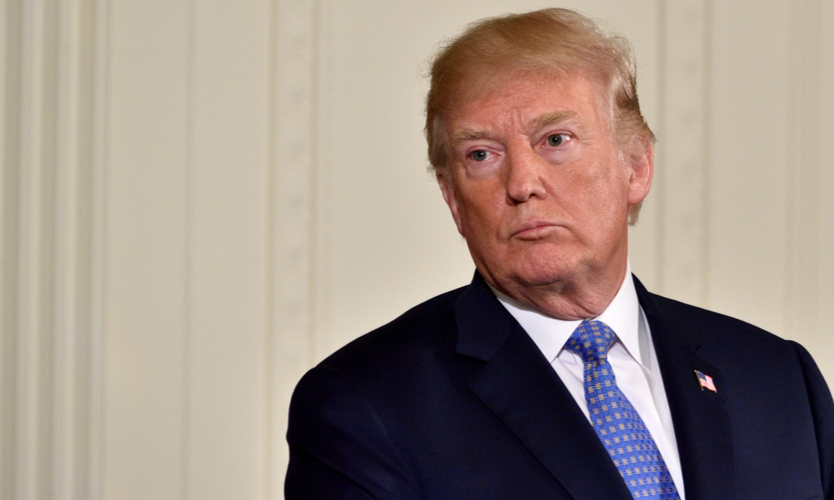Appellate judges skeptical of New York civil fraud case against Trump
- October 23, 2025
- Posted by: Web workers
- Category: Finance

(Reuters) — Appeals court judges signaled skepticism on Thursday toward the civil fraud case brought by New York state against Donald Trump as the former president asked them to toss a nearly half-billion-dollar judgment against him over real estate business practices that a trial judge declared fraudulent.
Justice Arthur Engoron in February ordered Mr. Trump, the Republican candidate in the Nov. 5 presidential election, to pay $454.2 million in penalties and interest for inflating his net worth to dupe lenders and insurers into giving him better terms. The civil case was brought by New York state Attorney General Letitia James.
Members of the five-judge panel on the Appellate Division — the mid-level state appellate court hearing arguments in Trump’s appeal — appeared concerned about possible overreach by Ms. James.
Two of the judges interrupted Judith Vale, the lawyer arguing for New York, during her opening statement to ask if there were any other examples of the state suing over private business transactions between sophisticated parties under a law aimed at protecting market integrity.
“Every case that you cite involves damage to consumers, damage to the marketplace,” Justice David Friedman told Ms. Vale.
“We don’t have anything like that here,” Justice Friedman added, saying that nobody “lost any money.”
The judges also wondered about what constraints applied to the law Ms. James cited in bringing the case — one that is typically used to go after fraudsters who target vulnerable consumers.
“How do we draw a line or at least put up guardrails?” Justice Peter Moulton asked.
Ms. Vale, the state’s deputy solicitor general, said the statute — known as Executive Law 63(12) — is broadly aimed at stopping fraud and illegality, and was therefore appropriate in Mr. Trump’s case.
“When risk is injected into the market, that does hurt the counterparties and it does hurt the market as a whole,” Ms. Vale said.
The case stemmed from Mr. Trump’s leadership of his family real estate company, the Trump Organization, before he became president in 2017. Mr. Trump in April averted possible asset seizures in the case by posting a $175 million bond while he appeals.
Mr. Trump’s lawyer John Sauer told the judges that trial testimony showed that any discrepancies in Mr. Trump’s net worth were irrelevant to his lenders.
“What is not disputed is the testimony that if the net worth had been as low as one million (dollars), the deal would’ve been exactly the same,” Mr. Sauer said.
Mr. Sauer added that none of Mr. Trump’s lenders and business partners were harmed by the discrepancies on the financial statements, an argument Mr. Trump’s lawyers have made throughout the case.
“There were no victims, no complaints,” Mr. Sauer said.
During his rebuttal argument, Mr. Sauer said Ms. Vale had “struggled to articulate any clear principle” that would limit the state’s enforcement power under the law.



